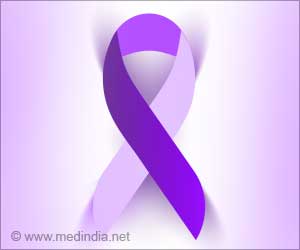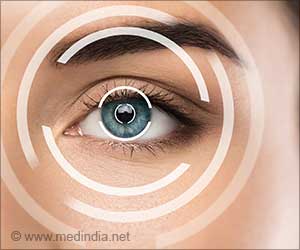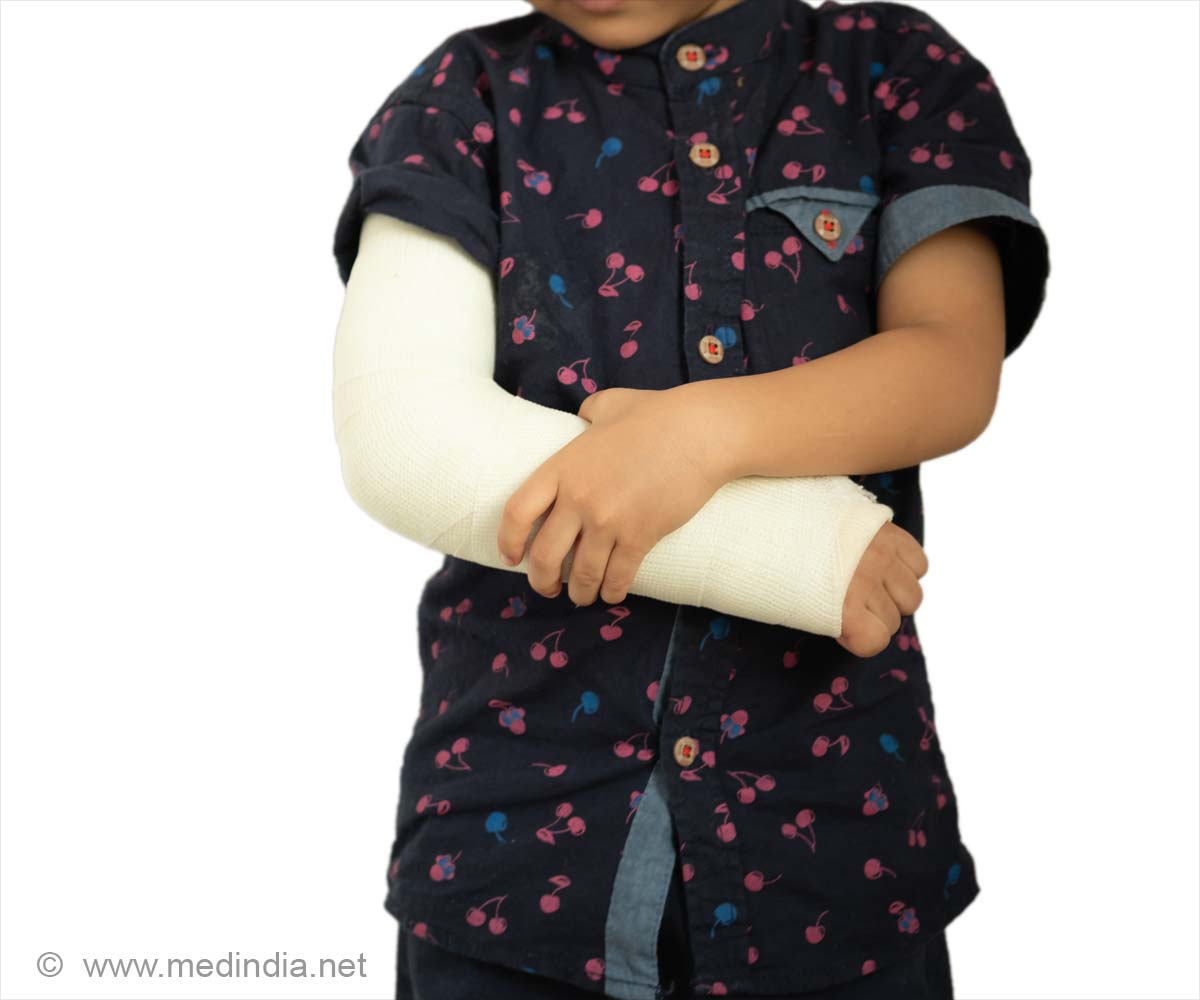Alzheimer’s is often referred to as “the silent thief of memories.” It gradually robs individuals of their
, memories, and ultimately, their identities. For those who have witnessed a loved one’s battle with Alzheimer’s, the toll it takes on both the individual and their family is immeasurable (
).
One of the most significant challenges in addressing Alzheimer’s is the stigma associated with the disease. Many misconceptions and myths surround it. Debunking these myths can encourage a more compassionate and understanding society.
Behind every Alzheimer’s patient is a dedicated caregiver, often a family member, providing love, support, and around-the-clock care. Their sacrifices and resilience deserve recognition and support.
Advertisement
While there is no cure for Alzheimer’s yet, there is hope on the horizon. We’ll discuss the latest advancements in Alzheimer’s research, potential treatments, and the importance of funding to accelerate progress.
Daily Habits to Take Care of You Brain
Follow these simple steps to walk away from Alzheimer’s and love your brain a little more.
-
Exercise for Cognitive Health
Engage in regular cardiovascular exercise that increases heart rate and enhances blood flow, reducing the risk of cognitive decline.Numerous studies have demonstrated a positive link between physical activity and cognitive health
-
Lifelong Learning
Pursue formal education at any stage of life to lower the risk of cognitive decline and dementia.
Consider enrolling in classes at a local college, community center, or online platform to stimulate your mind -
Kick the Habit
Quit smoking to significantly decrease the risk of Alzheimer’s and dementia.Smoking has been associated with higher chances of cognitive decline, and quitting can bring your risk closer to that of nonsmokers
-
HeartBrain Connection
Maintain heart health to support cognitive wellbeing.Risk factors for cardiovascular issues, such as obesity, high blood pressure, and diabetes, can negatively affect cognitive health
-
Protect Your Head
Be mindful of head injuries as they can elevate the risk of cognitive decline and dementia.Use seat belts, helmets during contact sports or bike rides, and take precautions to prevent falls
-
Nutritional Wellness
Consume a balanced, low fat diet rich in vegetables and fruits to reduce the likelihood of cognitive decline.While research on diet and cognitive function is ongoing, certain diets like the Mediterranean and Mediterranean DASH may contribute to risk reduction
-
Quality Sleep Matters
Ensure you get enough sleep to maintain memory and cognitive function.Sleep disorders like insomnia and sleep apnea can lead to cognitive problems
-
Mental Health Maintenance
Prioritize your mental health, seeking medical treatment for conditions like depression or anxiety.Some studies suggest a link between a history of depression and an increased risk of cognitive decline
-
Stay Socially Active
Engage in meaningful social activities to support brain health.Volunteer, join local clubs, or participate in community events to stay socially connected
-
Challenge Your Mind
Stimulate your brain through challenging activities like puzzles, art, or strategic games.Keeping your mind active can have both short-term and long-term benefits for cognitive health
A World Without Alzheimer’s: A Shared Vision
Imagine a world where Alzheimer’s disease is no longer a threat, where memories remain intact, and individuals can age with dignity and clarity of mind. Together, we can work towards this vision.
World Alzheimer’s Day is a reminder that the fight against Alzheimer’s disease requires our collective efforts. It’s a call to action to raise awareness, support research, and stand with those affected by Alzheimer’s. Together, we can ensure that memories are cherished, not forgotten, and that a brighter future lies ahead.
References :
- World Alzheimer’s Day is September 21, 2023 – (https://www.alz.org/about/awareness-initiatives/world-alzheimers-day)
- Never too early, never too late – (https://www.alzint.org/get-involved/world-alzheimers-month/never-too-early-never-too-late/)
Source: Medindia



